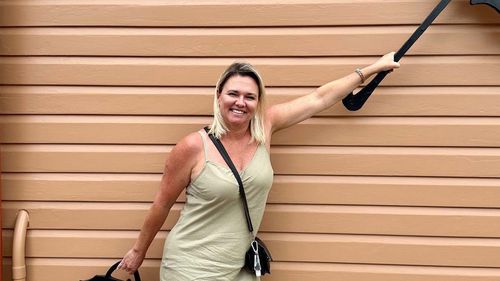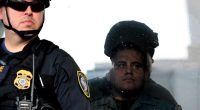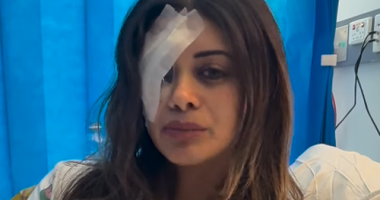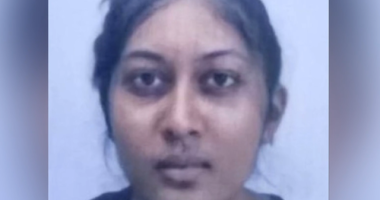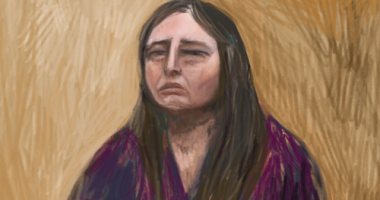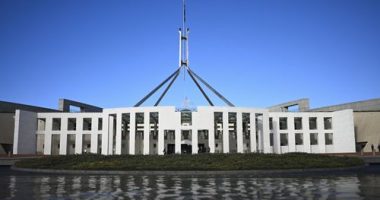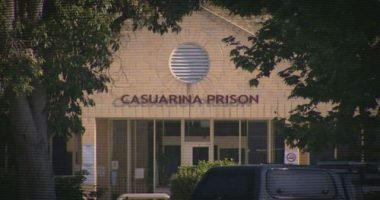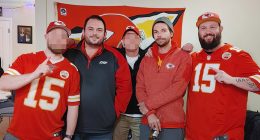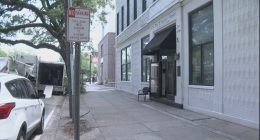Share this @internewscast.com
For people like Sarah Waters, a 52-year-old mother of four from Brisbane, this brings relief and reassurance.

While she has already discussed the risks with her GP, the milestone program will formalise checks for the thousands of Aussies at risk.
“I think it’ll just take away the unknown, the ‘what if’s’,” Waters told 9News.
“I know the earlier you get it, the better the chance of coming through it.”
While Waters, who works at the University of Queensland, smoked for almost 30 years, not all people who developed the disease have smoked.
Estimates show the program will help diagnose more than 70 per cent of cases at an earlier stage, where there are improved treatment opportunities.

Lung Foundation Australia CEO Mark Brooke said it’s a milestone plan for a disease which still faces stigma and inequality.
”If found early, it is easier to treat and potentially change a diagnosis from terminal to treatable,” Brooke said.
Mobile screening trucks will also roll out from November, making it easier for Australians in rural and remote areas to access screening.
Associate Professor Nicole Rankin, a member of the expert advisory committee for the screening program, emphasized that early detection will allow for the treatment and possible cure of many individuals who might otherwise succumb to the illness.
“Annually, around 9000 individuals lose their lives to lung cancer. Behind these figures are real people with families who deserve to discover their lung cancer in its early, treatable stages. This program offers that possibility,” she stated.
The Department of Health, Disability and Ageing in partnership with Cancer Australia, National Aboriginal Community Controlled Health Organisation is delivering the scheme.
It’s being funded thanks to $263.8 million over four years from the Albanese government.
Lung cancer kills more Australians than any other cancer, ahead of breast, prostate and ovarian cancers.
In 2024 it killed 8,918 Aussies, according to Cancer Australia.
One in three women and one in 10 men diagnosed have never smoked, according to the Lung Foundation Australia.

There is just a 26 per cent chance of surviving for five years after diagnosis.
Those eligible for free screening must be between 50 and 70 years old and have no signs or symptoms of lung cancer.
They must have a history of at least 30 pack years of smoking and are still smoking or have quit only in the past decade.
Pack-years are calculated by multiplying the number of cigarette packs smoked per day by the number of years the person has smoked.
Anyone interested should see their GP, who can refer patients for a CT scan, which is being provided by Sonic Healthcare Australia Radiology.
